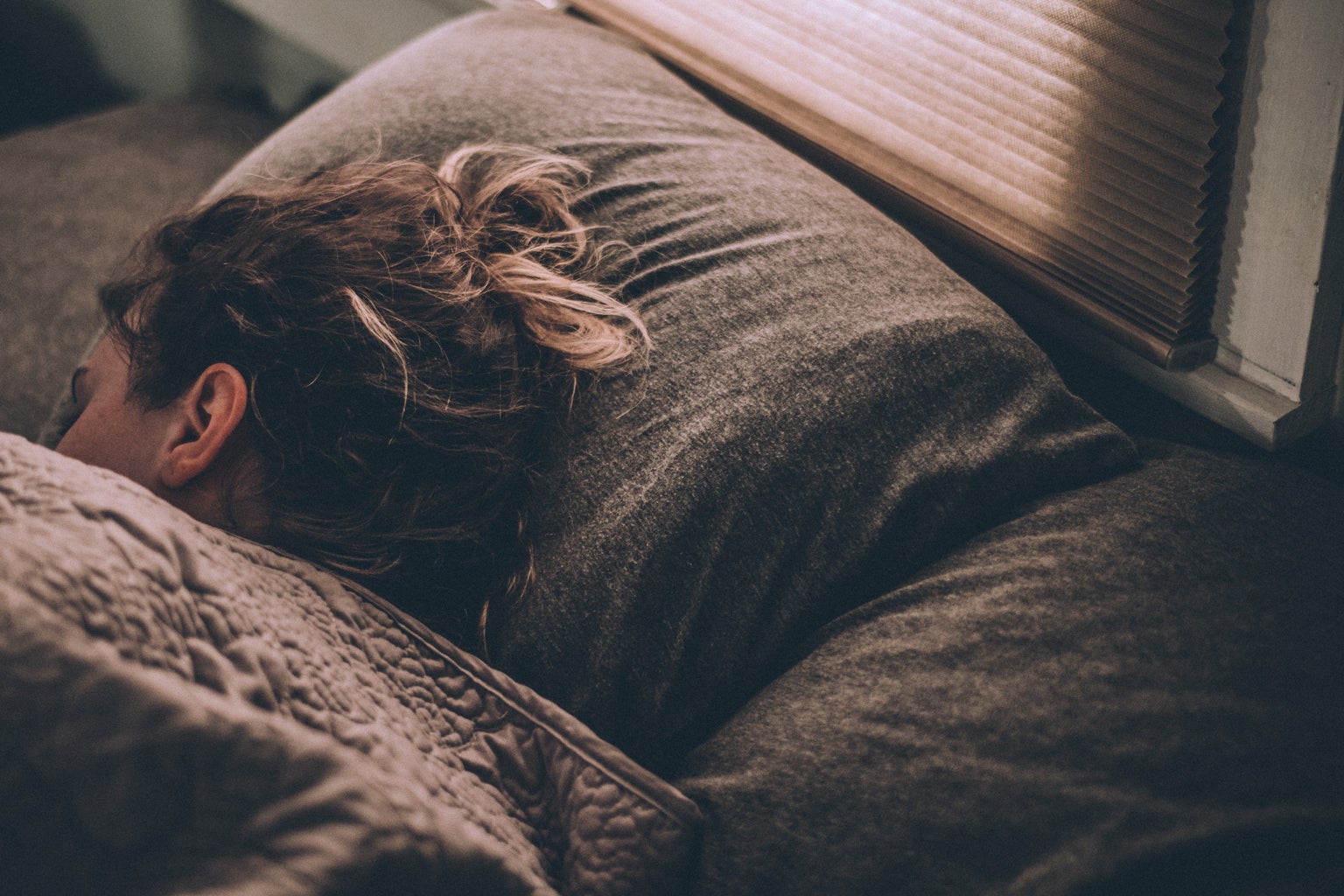Sleep is crucial to daily functioning, physical well-being, and mental health. However, most teenagers and college students do not get the recommended amount of sleep every night. It is important to know the harm of not getting enough sleep and how it can affect your physical body and everyday life.
How Much Sleep You Should Be Getting
According to the UNC Learning Center, college students should aim for 7-9 hours of sleep every night, no matter the day of the week. Even though these numbers may seem high, it is essential to be getting as many hours as you can. However, most students are not consistently hitting 7 hours of sleep due to homework, which greatly affects their daily performance. A study by the University of Georgia claims, college students only typically get 6 hours of sleep every night, which is 2 hours below what they should be getting. This is why it is so hard for many students to get through the day- they don’t have the energy to keep up because of being sluggish, less able to retain class information, and dependent on caffeine!
How lack of Sleep Affects Your Body
Lack of or poor sleeping patterns can have various negative side effects, mentally and physically. Physical side effects include decreased immune function, obesity due to sleep screwing with your metabolism, increased risk of hypertension and kidney disease, eye bags, high blood pressure, diabetes, and more. The less sleep you get, the less able your body can function properly. The last thing you want is various medical conditions resulting from something you can control: the amount of sleep you get.
Your brain also responds negatively to not getting enough rest, which can result in declining mental health. For example, increased levels of depression, stress hormones, suicidal thoughts, psychotic episodes, or worsening of existing mental disorders symptoms. This can have an enormous impact on your well-being and everyday life. Which is why increasing the amount of sleep you get, even by just an hour, can be beneficial for mental health prevention.
Ways to Get More or better Sleep
There are many ways to get at least 7 hours of sleep every night. Although this number may seem impossible at times during a busy school year, there are various strategies you can use to calm yourself and fall asleep faster. For example, stay on a consistent schedule. The more you’re used to going to bed early, the easier it gets. It is important to go to bed around the same time every night. Not only this but avoid using your phone right before you go to bed. Your mind is going to be able to calm down. You can also fall asleep easier by creating more of a restful environment. Clean sheets, a dark room, and setting the temperature how you want it can create a successful and restful sleep.
Lack of deep sleep is often a result of stress and aging. The Baylor College of Medicine says that high levels of stress impair the amount of sleep by delaying when you fall asleep. This is like the domino effect. Stress impairs sleep quantity and quality, impairing your body’s stress response system, leading to increased stress hormones, and disrupting your sleep even more. It is an endless cycle of stress and not getting enough rest. Clearly, it is important to stay out of this cycle as much as possible, especially during the school year.
Sleep has a great impact on your everyday life and health. College students do not nearly get the sleep they should be getting. However, there are ways to combat the constant feeling of being tired. The more sleep you get, the better off you will be!




